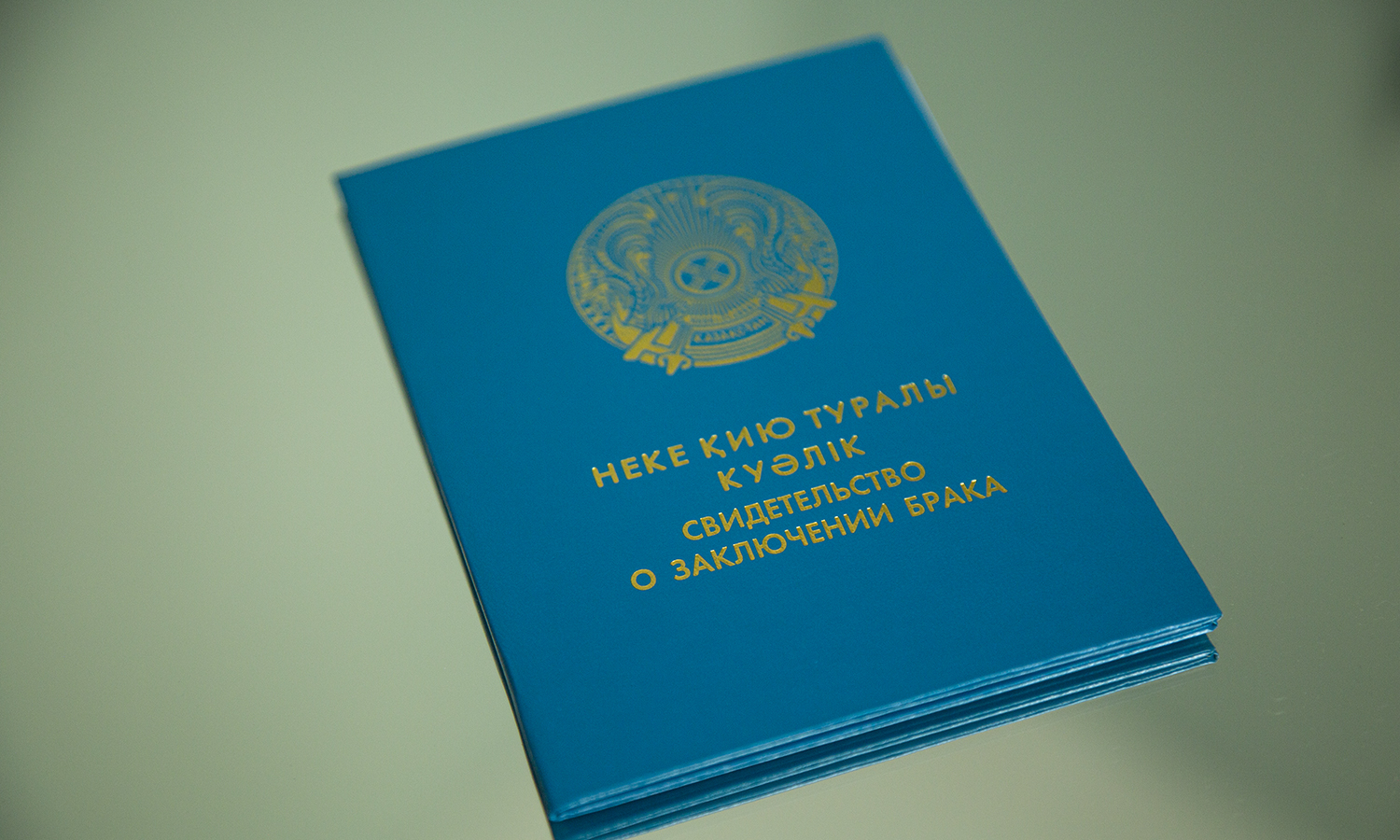Journalist Meruert Aitenova unleashed a tirade filled with hatred towards women who divorce their husbands during a talk show on the Eurasia TV channel. Thousands watched this in a short clip, published last week by Dina Tansari, the head of the #NeMolchiKZ Foundation (Russian for “break the silence”). Tansari, together with her colleagues, has been representing the rights of Kazakh(stani) women affected by gender-based violence for many years. Journalist Aisulu Toishibek reflects about the government’s fear of an independent woman in her op-ed.
In my childhood and youth, the idea of divorce used to scare me. Serious relationships and marriage seemed to be something final, carved in stone. And divorce is like loudly admitting a mistake. Not that this was hammered into my head, but this prejudice was just in the air: Divorce, for women, was considered a stigma. This is not surprising, because it is women, not men, who are spoken of pejoratively as “second-hand,” “with baggage” (naturally, these terms are used by men), as if not discussing a person with volition, feelings, and fate, but some rusty foreign car imported from East Germany in the 1990s.
Fortunately, while I was growing up, these stereotypes retreated. More so, around me were always many women who either had divorced their husbands or broke up with partners of many years. They often raised children independently, while working. These women were my older relatives, mothers of my school friends, my mother’s friends, our neighbors. And at the same time, I saw too many women who “endured for the sake of the children.” It is difficult to gauge whether those who stayed in their marriage or those who left were ultimately happier. But I am absolutely sure that those who chose not to live with tyrants, alcoholics, and rapists were healthier and livelier.
I think that women who decide to divorce are some of the bravest women. Especially in Kazakhstan. You might think that leaving a relationship where there is no respect, love, understanding, or support is the most correct and necessary step. You would be right, it is logical. But in order to take this step it is important for women in Kazakhstan to have strong support from their loved ones, or at least no obstacles from their side. Because besides a nearly always faltering financial status and an obligation to rebuild their life, women are often met with judgment, shame, and, as in the case of Aitenova, extreme levels of contempt and hatred.
But what is there to say about social disdain if the government itself prevents divorce? The local judges have extended the "reconciliation period" beyond the standard one month, they try to dissuade wives from getting a divorce, suggesting that they think carefully and visit a family therapist. I think many women who have gone through the procedure of ending a marriage can talk about this. For the sake of the facade of a “model” family, the government and people like Aitenova are willing to shame countless real women. After all, what is a woman to them? An object with a set of functions.
Aitenova spoke covertly about sex (of course, she cannot openly say this word – SEX). But something suggests that this is the most important in her narrative and this, of course, is one of the main pillars of saving a marriage. How can it be admitted that a woman could have more than one sexual partner? This is simply nonsensical for moralists; they cannot allow this to happen!
“Tatti tosektin damin sezdirgen erkek…” (Kazakh for “the man who made her feel the pleasure of bed”). I think it’s not for Aitenova to talk about this. Unless she was the third person in that bed.
In reality, neither Aitenova or the entire state apparatus is afraid of divorces. They are afraid of the freedom and self-sufficiency of a Kazakh(stani) woman who loves and values herself, knows what an orgasm is, and is not afraid of change because she knows what she wants; a woman who survives without a man, finds herself another man or even woman, or maybe even several of these? They are afraid of a woman who will choose herself and her happiness instead of sacrificing herself for the sake of children who are not even aware about what their mother, having lost all support, will do with herself. Because it is precisely from these women – those who are free and liberated - that authentic change begins. And the women of Kazakhstan are closing the gap with these new times each passing day.
Please, don’t disturb us.
Поддержите журналистику, которой доверяют.








